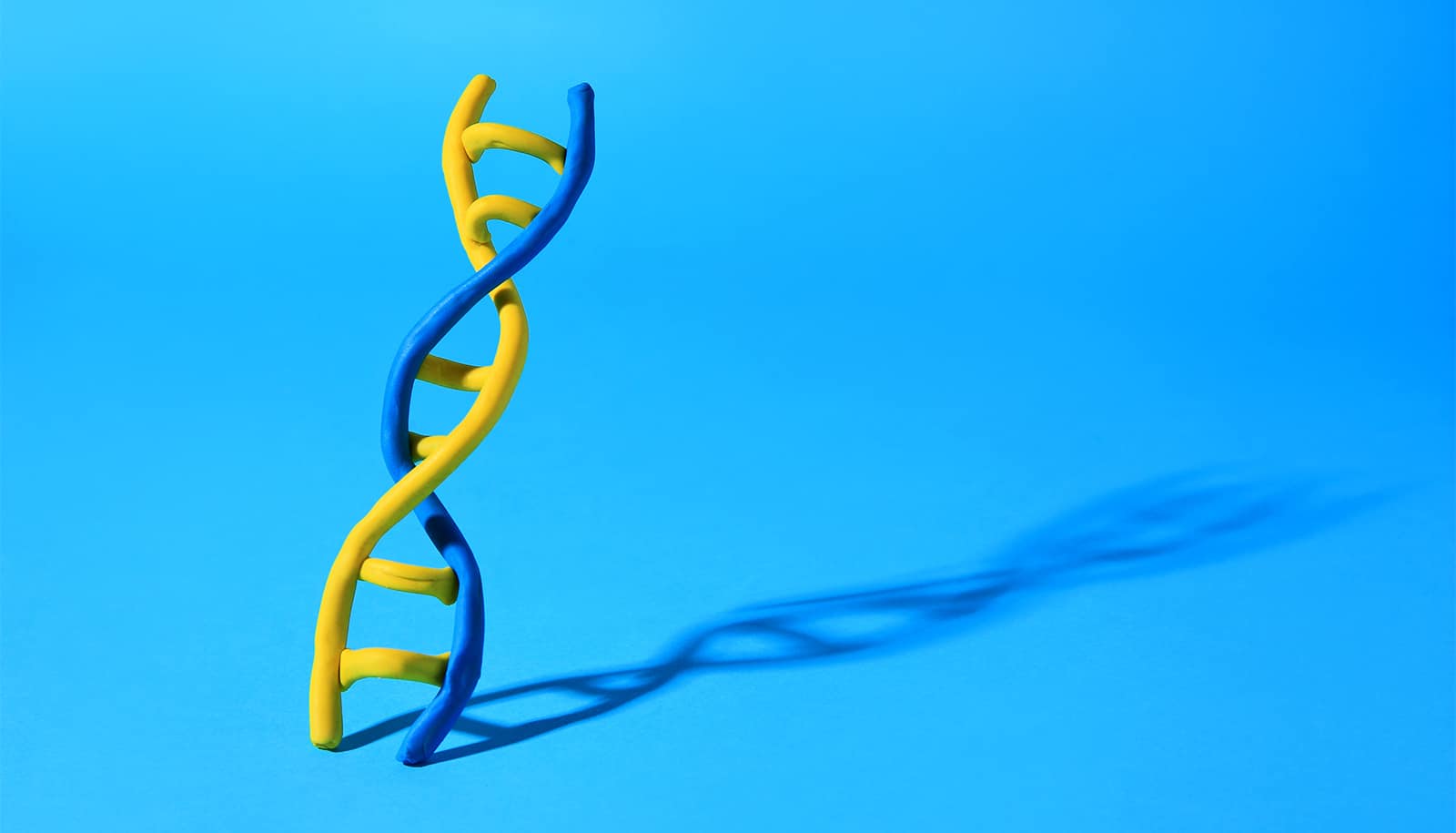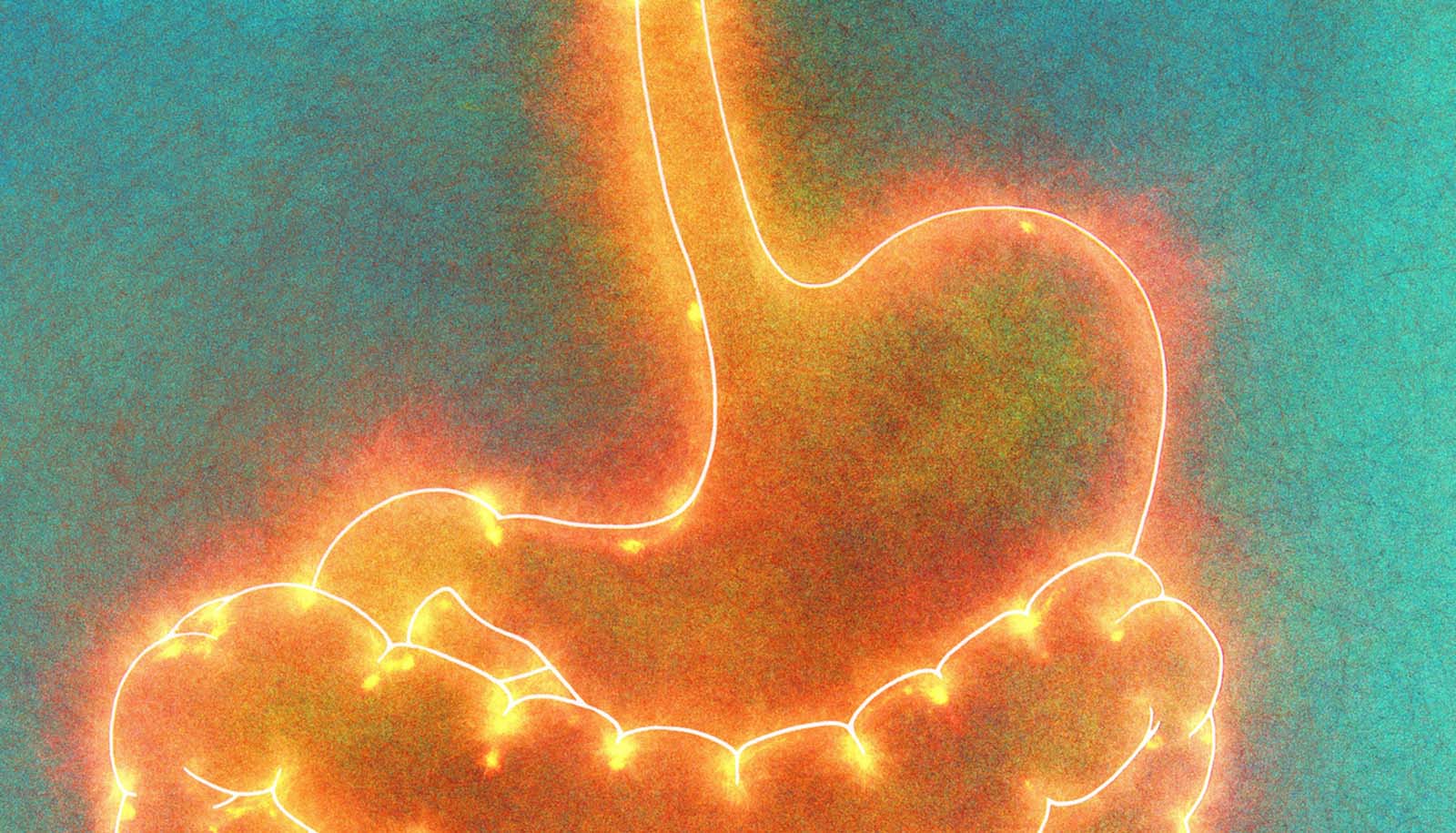Converting inner ear stem cells to auditory neurons could potentially reverse deafness, but the process also poses a cancer risk if the cells divide too quickly. Now, scientists know the transformation can be controlled, at least in a petri dish.
“It’s a cautionary tale,” says Kelvin Y. Kwan, an assistant professor of cell biology and neuroscience at Rutgers University.
“People say, ‘we’ll just put stem cells in and we’re going to replace lost neurons.’ We’re saying that ‘yes, we can make neurons,’ but you have other side effects that are unanticipated, such as increased proliferation of stem cells. So this will guide us toward a better strategy for cell replacement therapies.”
So-called hair cells in the inner ear convert sounds into neural signals that are relayed to the brain by spiral ganglion neurons. Hearing loss from overexposure to noise causes hair cell loss, severe damage to neuronal processes, and slow degeneration of auditory neurons. The neurons don’t regenerate once they are lost.
“Hearing loss impacts about 15 percent of the American population—probably more,” Kwan says. “Over the years, you don’t realize that you’re not hearing well until you get tested.”
As reported in Stem Cell Reports, scientists overexpressed a gene called NEUROG1 to turn inner ear stem cells into auditory neurons.
“But since that leads to increased cell division and NEUROG1 is used in other stem cells to make other types of neurons, scientists in other fields should be aware that when using this factor, they’ll probably also increase cell proliferation,” Kwan says.
Hearing loss from plugged ears can alter nerve cells
The scientists also discovered that chromatin—DNA studded with histone proteins—influences how NEUROG1 functions. Changes in chromatin may help reduce unwanted stem cell proliferation and can be achieved by adding drugs to experimental cultures in petri dishes, Kwan says.
“Ideally, we would change the chromatin state before we start overexpressing NEUROG1 and prevent unwanted stem cell proliferation.”
Source: Rutgers University



